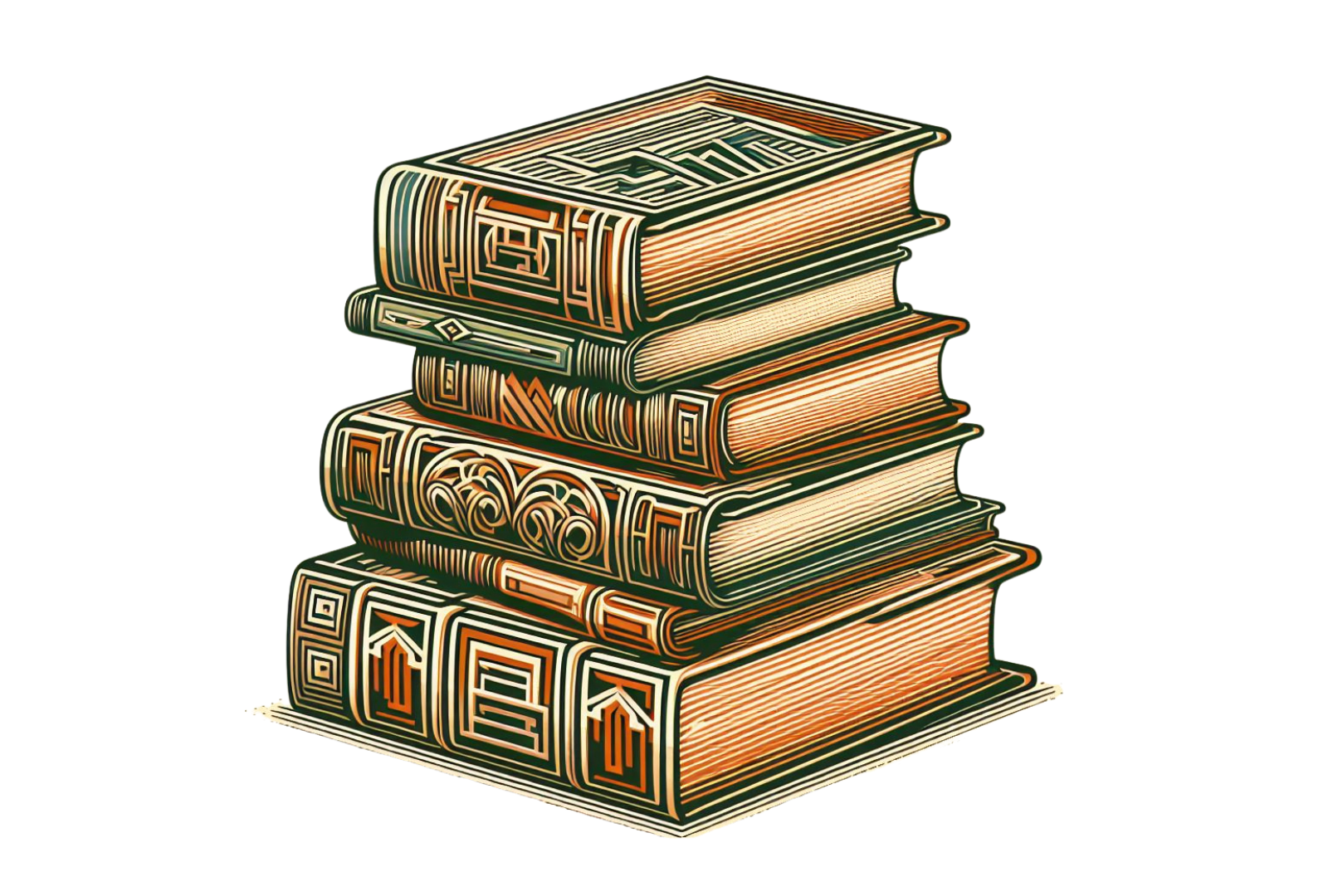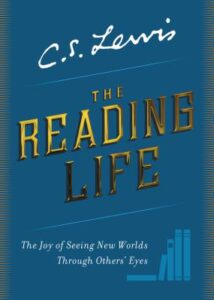
Thousands of years old yet speaking to you as if written only yesterday. Old books possess a timeless quality that is still relevant in the modern day. Despite the passing of hundreds or thousands of years, the greatest works of philosophy, spirituality, and literature remain powerfully relevant.
Now I am not suggesting you read only old books or classics. I like to swap between classic and modern every other book or so.
Some might suggest if you want to know about Plato you can pick up a modern book by an author who has studied him. This entirely misses the point when Plato is really quite simple to read. It’s easy to overlook the timeless wisdom that lies within the pages of old books.
We live in an era where information is at our fingertips, where the answers to our questions are just a few clicks away. But in our relentless pursuit of the new, we risk losing touch with the eternal truths that have shaped human thought for centuries.
Old books that have stood the test of time are classcs and they stand the test of time for a reason. There are millions of people who have read them from generation to generation. They offer us a glimpse into the minds of those who came before us, inviting us to explore the depths of human understanding and experience.
One of the greatest advocates for the value of old books was the writer C.S. Lewis. In his essay “On the Reading of Old Books,” Lewis argued that reading old books is not only a means of escaping the limitations of our own time but also a way to expand our intellectual horizons. Lewis believed that by reading about the thoughts and ideas of the past, we gain a broader perspective on the present and a deeper understanding of ourselves.
So why should we read old books? For one, they provide us with a historical context that is essential for making sense of the world we live in today. We can understand how ideas have evolved over time, and we can better appreciate the foundational principles upon which our society is built.
The great books challenge us to see the world from a different point of view than our own time, although, many of the events, feelings and issues that have occurred are often the same as those that will occur today or in our future. They remind us that there is no monopoly on truth and that wisdom can be found in unexpected places.
But perhaps the most compelling reason to read the great old books is the timeless wisdom they contain.
The human condition, with all its joys and sorrows, has remained remarkably unchanged throughout history. The struggles we face today are not so different from those faced by the people who came before us. By delving into the works of ancient thinkers, authors, and poets we discover that the questions they grappled with are the same questions that we grapple with today.
In the words of C.S. Lewis, “Every age has its own outlook. It is especially good at seeing certain truths and especially liable to make certain mistakes. We all, therefore, need the books that will correct the characteristic mistakes of our own period.”
Insights from C.S. Lewis on the Reading Life

Lewis believed reading was about more than just consuming words – it was an opportunity to have an encounter with new ideas and different ways of thinking. His essays in this collection look at how books can challenge us, change our perspectives and help us grow in wisdom.
One chapter discusses how certain books have a way of always feeling fresh, no matter how many times we read them. Lewis argues these ever-young classics touch on deep human truths and realities that never grow old. Their insights remain deeply relevant to each new generation of readers.
Another essay praises short books for their ability to be thoroughly absorbed and reflected upon in a brief sitting. Sometimes less truly is more, as these compact reads allow big ideas to really sink in before life’s busyness pulls us away again.
For any lover of literature, “The Reading Life” offers thoughtful meditations about why reading matters and how it can continually reshape our inner lives for the better.
The great old books serve as a corrective lens, helping us to see beyond the blind spots of our own time and offering us guidance in navigating the complexities of life.
In a constantly changing world, old books provide us with touchstones, a connection to our shared past. The pursuit of knowledge and wisdom is an endeavor that has gone on throughout history, one that people have thought on for thousands of years.
Why Are The Great Books Still So Relevant & Why You Should Read Them
- They provide timeless insights into human nature and the enduring challenges of life. Writers like Shakespeare and Austen vividly capture universal feelings and struggles that everyone experiences today.
- They expand your perspective. Reading broadly from different time periods allows you to transcend the assumptions and conventions of your own era. Classics challenge you to think deeply about life’s big questions and truths.
- They contain masterful storytelling. Great authors knew how to weave together gripping narratives full of insight. The classics are page-turners that stay with you long after you’ve finished them.
- They are free of modern distractions and superficiality. Classic writers penned their works with different motivations to many modern writers. They take you to the heart of a topic without hype or sensationalism. You’ll more often find wisdom rather than clickbait.
- They inspire resilience and courage. The characters in ancient epics and dramas faced immense hardships but persisted nonetheless. These stories model human strength in the face of suffering.
- Reading classics exercises critical thinking skills. You may have to work a bit harder to unpack the meaning and context of older works. This leads to a deeper understanding and greater intellectual growth.
The Enduring Influence of Literary Classics on Contemporary Writing
Literature does not exist in a vacuum – authors are inevitably inspired and influenced by the works that precede them. The great writers of the past cast long shadows, shaping language, storytelling, and the collective imagination of generations to come. Even today’s most original-seeming novels borrow tropes, themes, and styles from the classics that have endured through the centuries.
In a sense, literature evolves much like a conversation, with authors responding to those who came before, building on or reacting against the stories and ideas that shaped the literary landscape. Homer’s epics laid the foundations for Virgil, Dante, and Milton. Shakespeare’s plays transformed dramatic conventions and elevated English poetry. Austen’s ironic prose and psychological depth inspired modern realism. The Brontës’ passionate Gothic romances gave rise to fantasy and horror.
The creative lineage runs through to contemporary authors, whether consciously or not. While novels may tackle thoroughly modern issues, their narrative techniques, archetypal characters, and journeys often have roots stretching back to ancient myths and folklore. Even postmodern works that subvert conventions are still riffing on the establishment. Literature moves forward by acknowledging and embracing its own past.
So reading deeply from the canon of great literature gives modern authors a richer creative heritage from which to draw. The eternal classics that have moved millions, stood the test of time, and shaped our cultural imagination deserve to be read, appreciated, and built upon by each new generation. All writers are links in this centuries-long chain.
In short, make the time to read some enduring classic works. They will expand your mind, uplift your spirit, and stay with you for a lifetime.
